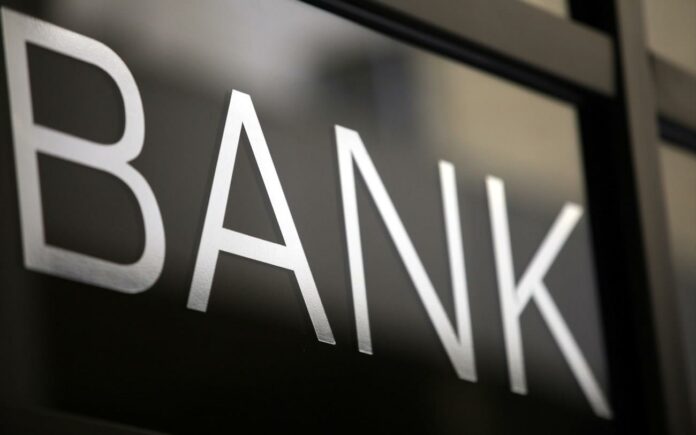By A. Doga
[email protected]
Greece’s systemic banks have reportedly set an unofficial deadline of late February 2017 for a completion of the now delayed second review of the Greek program (third bailout), warning that any further foot-dragging will scuttle their strategic planning for the year, and even worse, negatively affect the crisis-battered economy.
The delay in achieving the second review is already the cause of heightened concern on the part of Greek bank managements, who want a finalized and revised framework for managing the enormous problem entailed with non-performing loans and exposures (NPLs and NPEs) in the country. The goals, in fact, linked with “managing” NPLs and NPEs have been set by the Single Supervisory Mechanism (SSM).
Additionally, uncertainty and lack of economic growth will leave Greece’s banking sector in a weakened state ahead of another round of stress tests in 2018.
Targets for increased deposits and greater financing were reportedly based on a successful conclusion of the review achieved in November 2016, with a much-coveted re-inclusion of Greek bonds in the ECB’s Quantitative Easing program also looming on the horizon in the spring of 2017. Nevertheless, with a new year already nearing into its second month, a fixed date whereby Athens will achieve the review remains fleeting.
A series of foreseen revisions and reforms to finally deal with the “Olympus -sized” mountain of bad debt have also fallen victim to the delay. The latter include an out-of-court arbitration process, changes in Greece’s antiquated bankruptcy code, legal immunity for banking executives who sign off on corporate restructuring plans and even electronic auctions of foreclosed property.














